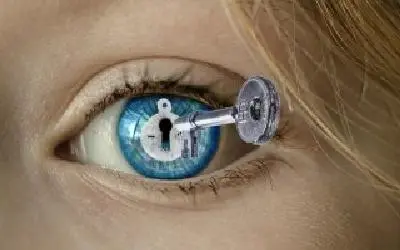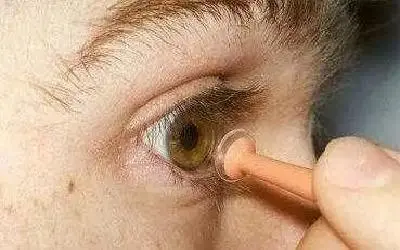BLOGPOST
NAVIGATING THE INSIGHTS OF NEURAL VISION SPECIALIST
Welcome to our latest blog post. This post is dedicated to individuals undergoing or considering neuro vision therapy, a specialized form of therapy aimed at improving visual function and processing. Here, we delve into what neuro vision therapy entails, its benefits, and how it can significantly enhance the quality of life for those with visual dysfunctions.
The blog features expert insights from eye care professionals, success stories from patients, and practical tips for making the most out of your therapy sessions. Whether you’re a patient, a caregiver, or just someone curious about this innovative approach to eye care, this post offers valuable information and guidance. Join us as we explore the transformative world of neuro vision therapy and provide you with the knowledge and support you need on your journey to better vision.
Is Panic Attacks related to vision?
Panic attacks, marked by intense anxiety and physical symptoms, are linked to the activation of the sympathetic nervous system. The vagus nerve plays a key role in these responses, with techniques like the Valsalva maneuver helping regulate heart rate and blood pressure. Vergence therapy, which involves voluntary eye convergence, is being explored as a potential treatment. The oculo-cardiac reflex, known to influence heart rate, is also significant in this context.
Prepared for School, but Prepared for Learning?
Many children start school with undiagnosed vision issues, often mistaken for learning or behavioral disorders. Despite sporting new gear and having physical check-ups, a critical need often overlooked is a thorough eye exam. States like Kentucky, Missouri, and Illinois have enacted laws requiring compulsory eye exams before school entry. Vision involves more than 20/20 sight; it includes coordinated eye muscles and maintaining close-range focus. Over 57% of school-age kids have undiagnosed vision problems due to lack of thorough assessment. Screenings often miss many issues, raising concerns about their efficacy.
Cognitive decline is linked to both vision and hearing.
Research shows a link between weaker senses, such as bad eyesight and hearing, and a drop in thinking skills. More Americans are having trouble with their sight and hearing, especially older people. At the same time, more people are getting dementia. Studies suggest that not fixing these problems might speed up the loss of thinking skills. Making eyesight and hearing better could help improve these skills. Tech companies plan to make low-cost hearing aids. These could help keep the brain working well in older people. Experts advise regular eye and hearing tests. This could find problems early and may lower the chance of getting dementia.
Does Poor Vision Cause Problems with Reading?
Reading difficulties often surface after third grade due to factors like vision deficits. Changes in text font and spacing can pose challenges. Traditional eye exams may miss other visual aspects impacting reading. Signs like frequent blinking, fatigue, headaches, or poor handwriting could suggest a vision issue. The COVD-QOL checklist evaluates non-acuity vision development issues. Misdiagnosis with ADHD may occur if these symptoms are present. Schools should consider a developmental vision assessment for students having focus and reading issues. In California, vision services are included in special education if it impacts learning. Parents should request an assessment if they suspect their child’s learning is affected by potential vision problems.
Have You Been Told That Your 2 Eyes Are Imbalanced, Different Power ?
Anisometropia occurs when there’s a difference in vision strength between the eyes, leading to reliance on one eye and causing fatigue. Symptoms include eye pain, tiredness, headaches, blurry vision, and trouble seeing at a distance.
Myopia Control
Myopia Control with Orthokeratology Lens Wear in Children Using a Novel Study Design






